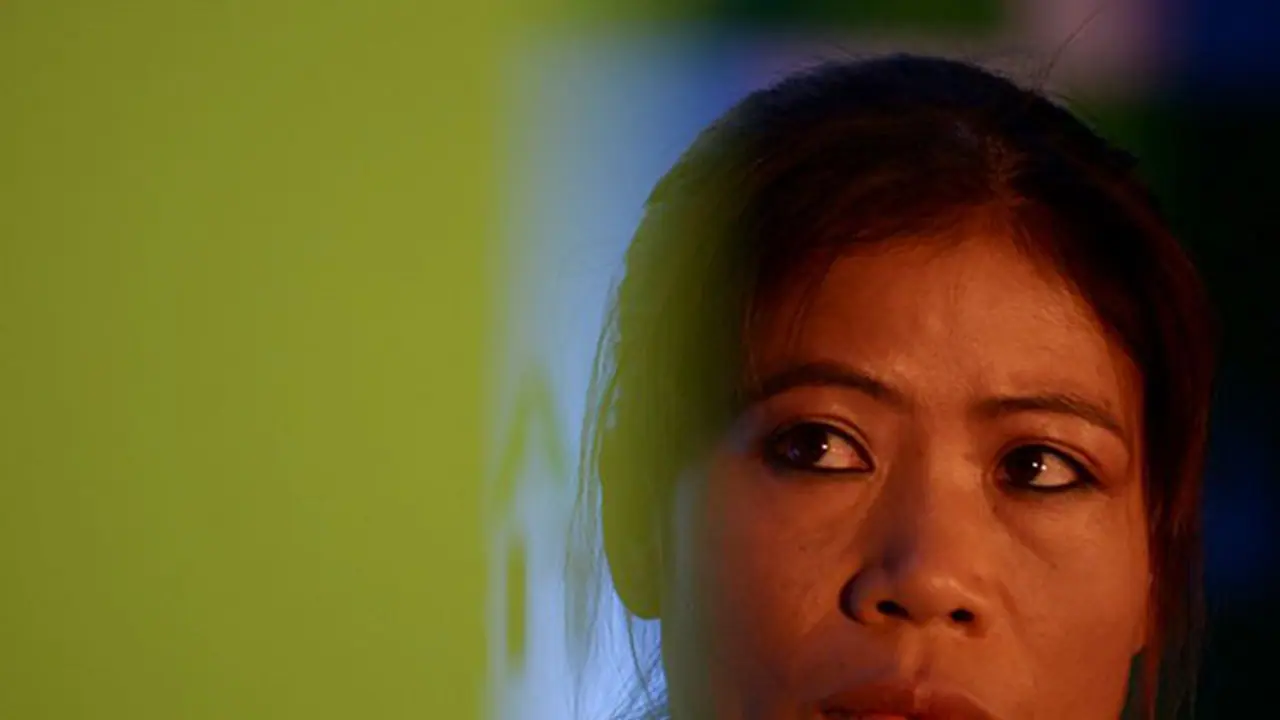This week it is but in the fitness of things to begin by paying homage to Muhammad Ali. As I was watching his funeral being televised, I could only recollect how many posters one had collected of him and how many hours one spent staring at them, how much influence he had over people across the world at a time when newspapers arrived two days later and messages were telegrams with limited characters. What did this man have that endeared him to millions? Was he a branding genius or simply the ‘greatest’?

Reams and reams have been written about his extraordinary courage not just in the ring but outside. There have been sporting icons before him and after but why was he the most recognisable face on the globe? By now we all know that it was because he stood up without fear or favour, something that confronts our heroes’ everyday and how they utterly fail to just speak the truth.
Opinion pieces have already been written comparing sporting legends who have preferred to stay quiet on burning issues to Ali who risked his career and life for the sake of civil rights. He took the world around him seriously and didn’t forget where he came from and was acutely aware of the responsibility that comes with fame.
We inhabit times not any different from Ali’s when civil rights are muffled and rights to life denied. I was trying to recall our icons standing up to these issues and I found rare voices that rose against injustices. Our public intellectuals, our legends, our famous names have repeatedly preferred to keep safe with noncommittal silence. Why? Obviously, that is the easier road to take to hold on to your laurels.
Today’s Ali is the ‘common man’ that risks virtually everything and takes to the street to claim their rights. The ‘common man’ of cartoonist RK Laxman wouldn’t say a word but in his own words has ‘a permanent look of bewilderment on his face. He is ubiquitous. Today he is found hanging around a cabinet room where a high-powered meeting is in progress. Tomorrow he is among slum-dwellers listening to their woes or is marching along with protestors as they demand the abolition of the nuclear bomb.”And a voice like Ali’s gives them strength.
On a day when Ali is being mourned and remembered world over, the most extraordinary spirit that comes to my mind fighting for liberty and equality and basic human rights is Irom Sharmila, a ‘common person’ in a corner of this country, jailed and kept alive forcibly. Almost sixteen years now of defiance and determination to refuse even a drop of water, Sharmila simply wants a half-a-century old emergency Act that perpetrates extra-judicial killings removed. She will not negotiate; she just wants the Act to go.
She sacrificed the best years of her life with an epic satyagraha, unprecedented anywhere in the world. I cannot recall any of our sporting greats or other intellectuals making an effort to stand beside her in solidarity or paying her a visit in her isolation cell. She doesn’t have Ali’s fame or influence but her dogged faith is unmoved, she will neither break nor bend.
Incidentally Sharmila’s own state, Manipur has one of the country’s most famous boxers in Mary Kom. An incredible five times, yes five times world champion and an Olympic bronze medalist who will sorely miss not going to Rio this year (15 months after giving birth to her twin children she claimed her fourth title and hardly anyone in the country noticed). It took many years of winning in obscurity but Mary is now a poster girl of Indian sports who came from a humble background to punch her way up.
She fought biases of race, gender, and privilege yet she shut her eyes to what is around her. Maybe her own battles were so fierce that she never had the time even if she had the inclination. Perhaps she can now make some time, just walk down the corner road and spend some time with Sharmila.
Militancy and threats, intimidations and arbitrary killings are nor unfamiliar to Mary. Her own father-in-law was called out of his house in the Christmas of 2006 and shot dead. But Mary never stood beside Sharmila who has been fighting against these killings. What makes our sportspersons so cagey about standing up against injustice when the common person can stick their neck out? If Ali is Kom’s ‘inspiration’ that so many sportspersons in this country has sworn after his death then what stops them from being inspired to speak on behalf of their people?
Sandeep Dwivedi in his brilliant piece says, “History remembers Ali for breaking a stereotype. He didn’t want to be the black man who the whites indulged only when he wore an Olympic medal around his neck. He demanded the pursuit of equality that today sees a black man with a Muslim name inhabit the White House. Our greats are less ambitious; they don’t have the audacity to overreach and change the course of a nation.”
Unlike a Sachin Tendulkar with upper-class Brahmin sensibilities who grew up in a peace-time commercial capital with a rising India, Mary Kom was born to a family of landless agricultural labourers on the Myanmar border of a state troubled and torn. She fought biases of race, gender, and privilege yet she shut her eyes to what is around her. Maybe her own battles were so fierce that she never had the time even if she had the inclination. Perhaps she can now make some time, just walk down the corner road and spend some time with Sharmila. After all, these are the two biggest names that people remember about Manipur; the ‘Iron girl’ Irom and the ‘Magnificent Mary’.
Kishalay Bhattacharjee is a senior journalist and author. His most recent book is Blood on my Hands: Confessions of Staged Encounters (Harper Collins 2015). The views expressed here are his own.
